How to Choose a Commercial Construction Contractor for Multifamily Properties
When managing a multifamily property, the decision to renovate or upgrade is both a strategic investment and a logistical challenge. These projects often occur in occupied buildings, involve numerous stakeholders, and require a carefully phased execution plan that minimizes disruption while maximizing efficiency. Whether you're aiming to modernize interiors, improve building systems, or boost curb appeal, the success of your project hinges on the capabilities of your commercial construction contractor. Selecting the right partner is essential to ensure that work is completed on time, within budget, and with consideration for both current tenants and long-term asset performance.
Not all contractors are equipped to handle the unique demands of multifamily improvements. These jobs require more than standard construction know-how; they demand a deep understanding of resident coordination, city regulations, scheduling logistics, and capital planning. From navigating permits and inspection schedules to managing phased access across multiple units, your contractor should bring a proven process and experience tailored specifically to multifamily properties. This guide outlines what to look for, how to ask the right questions, and how to avoid common missteps when hiring a commercial construction contractor for your next renovation or capital improvement project.
What Should I Look For in a Commercial Construction Contractor?
Multifamily property renovations require more than general construction knowledge; they demand expertise in phasing, logistics, and live-in conditions. A qualified commercial construction contractor should have a portfolio of completed work that includes apartment complexes, student housing, or similar large-scale residential environments. This experience demonstrates that they understand the constraints and safety concerns associated with occupied spaces, including tenant communication and unit-by-unit coordination.
It's also essential to assess the contractor's project management approach and operational structure. A capable commercial construction contractor should have established processes for coordinating essential trades like plumbing, electrical, HVAC, and finish work. With strong leadership and reliable oversight, they can effectively manage schedules, respond to unforeseen site conditions, and reduce costly downtime, all key to keeping a multifamily project on track.
How Can I Verify a Contractor's Credibility and Track Record?
Before signing any agreements, verify that the contractor holds proper licensing, insurance, and bonding appropriate for large-scale commercial renovation projects. These protections are critical not just for compliance but for mitigating liability throughout the job. You should also confirm that the contractor has completed similar multifamily projects by requesting a list of references or case studies that reflect the scale and complexity of your property.
One of the most telling indicators of a contractor's reliability is how well they manage timelines. According to HomeGuide, basic commercial builds are usually completed in four to six months, while more intricate projects can take eight to ten months. While multifamily renovations differ from ground-up construction, the same attention to phasing, sequencing, and progress tracking is required. Ask how the contractor has handled past deadlines and what tools or systems they use to stay on schedule, especially when managing multiple units simultaneously.
What Are the Key Questions to Ask a Potential Contractor?
When interviewing candidates, start with questions that address their experience working in occupied multifamily properties. How do they handle resident communication? What strategies do they use to minimize noise, dust, or access disruptions? A professional commercial construction contractor should be able to provide detailed protocols and real-world examples from similar jobs. This includes how they notify tenants in advance, what work hours they follow, and how they safely manage shared spaces like hallways, parking areas, and entryways. Their ability to demonstrate sensitivity to tenant needs is a strong indicator of overall project maturity and readiness to work in active environments.
You’ll also want to explore their estimating and billing practices. Does the contractor provide transparent, itemized pricing for each aspect of the renovation? Are labor, materials, and soft costs broken down? Do they outline contingencies for unexpected findings behind walls or under floors? Multifamily renovations often reveal hidden conditions that weren't apparent during the initial walk-through, such as outdated wiring, moisture issues, or structural surprises. A seasoned commercial construction contractor should be able to explain their process for managing these changes, including how they assess impacts to cost and schedule, and how they communicate options with you before proceeding.
How Do I Handle Contracts and Negotiations With a Construction Contractor?
A written contract is the foundation of a successful project and protects both parties by clearly defining roles, responsibilities, and expectations. It should include a detailed scope of work that outlines every task and deliverable, timelines for each phase of the project, payment schedules tied to measurable milestones, and clear procedures for handling change orders, disputes, or delays. For multifamily renovations, the contract should also contain specific clauses addressing the challenges of working in occupied buildings, such as noise restrictions during certain hours, designated staging and storage areas, and responsibilities for providing timely tenant notifications about upcoming work or disruptions.
During contract negotiations, it's important to focus on setting realistic expectations rather than simply driving down costs. A reputable commercial construction contractor will take the time to walk you through the logistics of your particular project and help develop a timeline that accounts for inspections, resident turnover, seasonal weather impacts, and material lead times. They should also be upfront about potential risks and how these might affect schedules or budgets. Be cautious of any contractor who promises overly aggressive timelines without explaining their approach or contingency plans for unexpected setbacks.
What Are the Common Pitfalls to Avoid When Choosing a Contractor?
One of the most common mistakes property owners make is selecting a contractor based solely on price. While budget matters, choosing the lowest bid can often lead to expensive problems later on. A commercial construction contractor offering a suspiciously low quote may be omitting key services, underestimating labor, or using inferior materials. Always compare bids line-by-line and ask clarifying questions before making your decision.
Another major pitfall is failing to evaluate a contractor's communication habits. How often will they provide updates? Who is your day-to-day point of contact? Will there be a project manager on-site during work hours? These questions are particularly important for multifamily projects where issues can escalate quickly and affect multiple residents. A professional commercial construction contractor should offer consistent updates, a clear chain of command, and a proactive communication plan to keep all parties aligned.
Choosing the right commercial construction contractor for your multifamily property requires diligence, clarity, and a focus on experience that aligns with your project goals. From assessing past performance and verifying credentials to asking informed questions and structuring airtight contracts, every step of the selection process contributes to a smoother, more successful renovation. Your contractor should do more than build; they should manage, coordinate, and communicate. Multifamily renovations often take place in active environments, so the ability to respect residents, phase construction intelligently, and adapt to evolving site conditions is crucial. The right commercial construction contractor brings not only technical know-how but also a strategic approach that minimizes risk and maximizes return on investment.
By avoiding common mistakes and selecting a partner who understands the intricacies of multifamily improvements, you'll position your property for long-term success. Whether it's a unit-by-unit upgrade, a full exterior overhaul, or a capital improvement initiative spanning multiple buildings, working with a skilled and reliable commercial construction contractor ensures that each phase of the project is handled with precision and professionalism. The right contractor will not only help your renovation meet expectations but also enhance tenant satisfaction, reduce future maintenance needs, and add lasting value to your investment portfolio. If you need reliable, experienced commercial construction, contact the professionals at Cherokee Construction Services today!
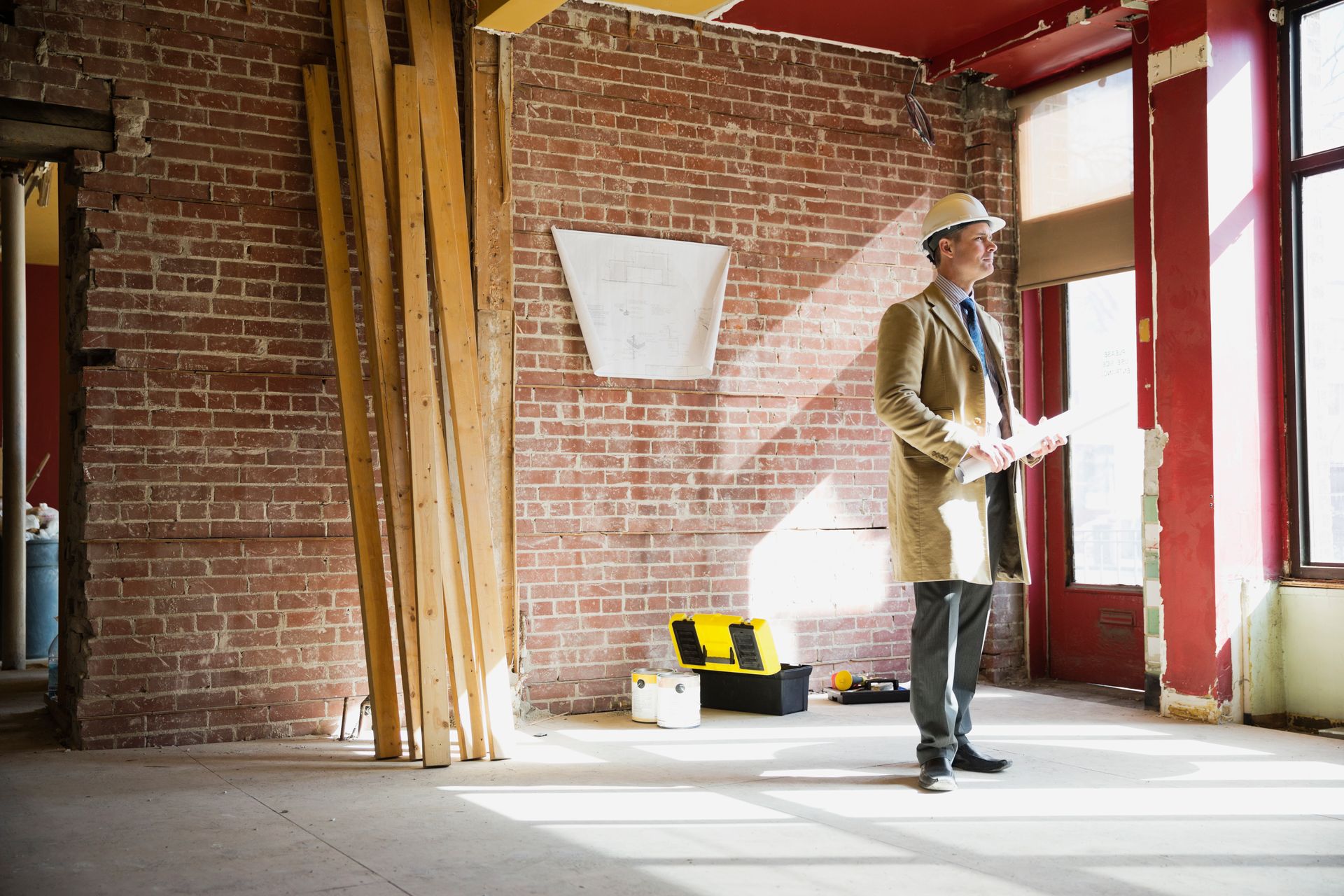
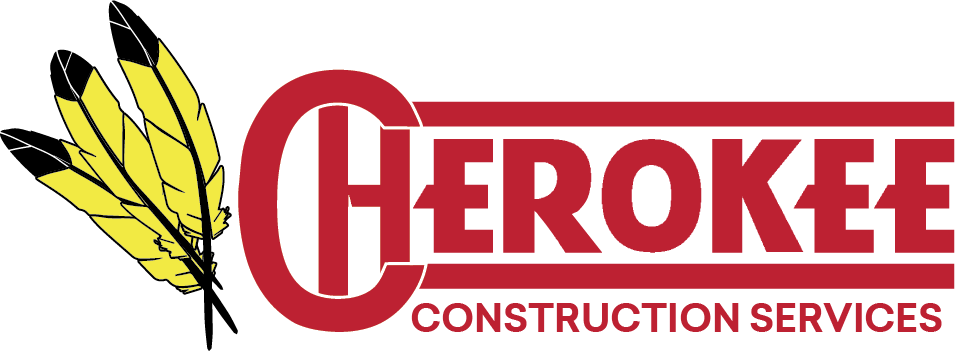
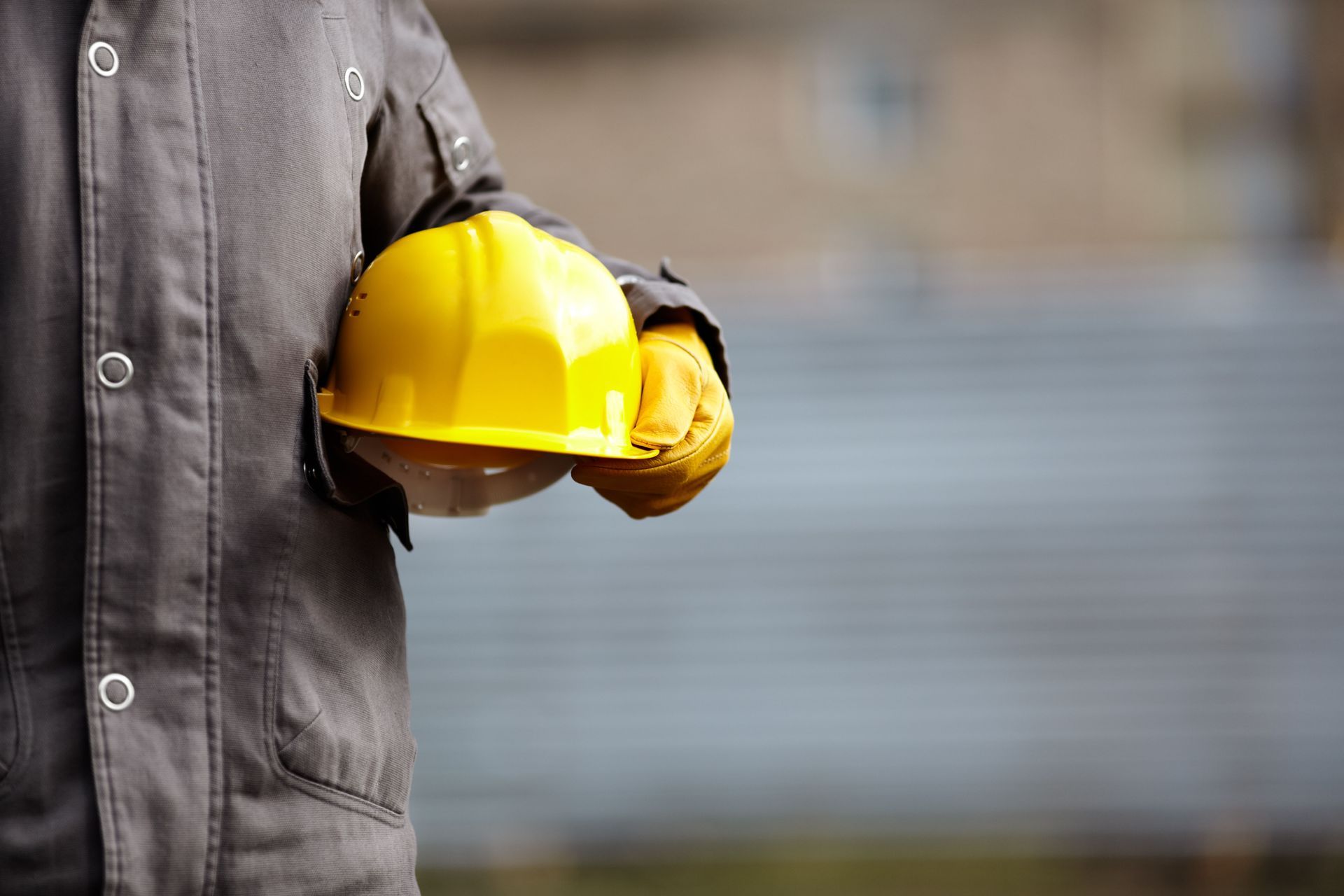
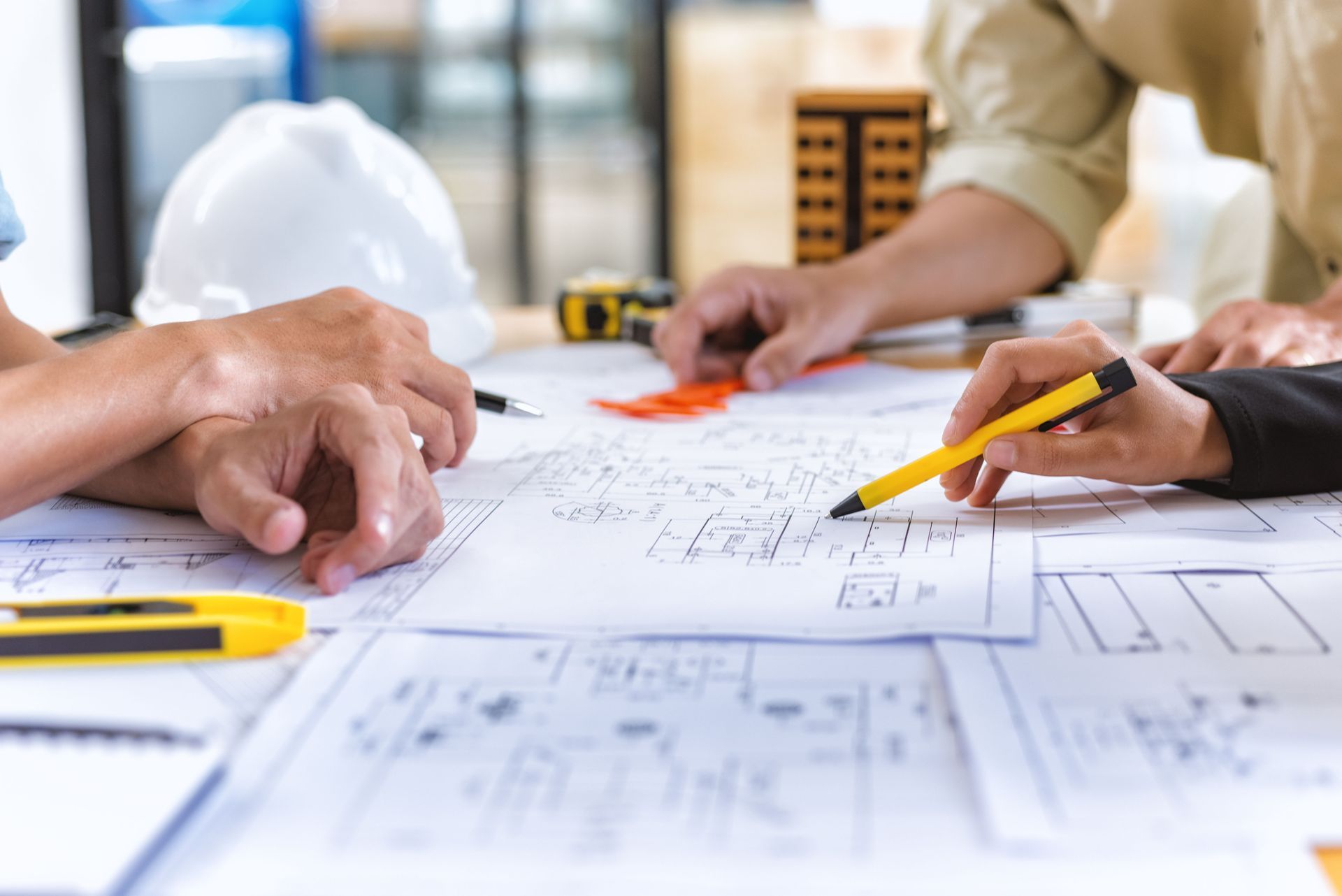
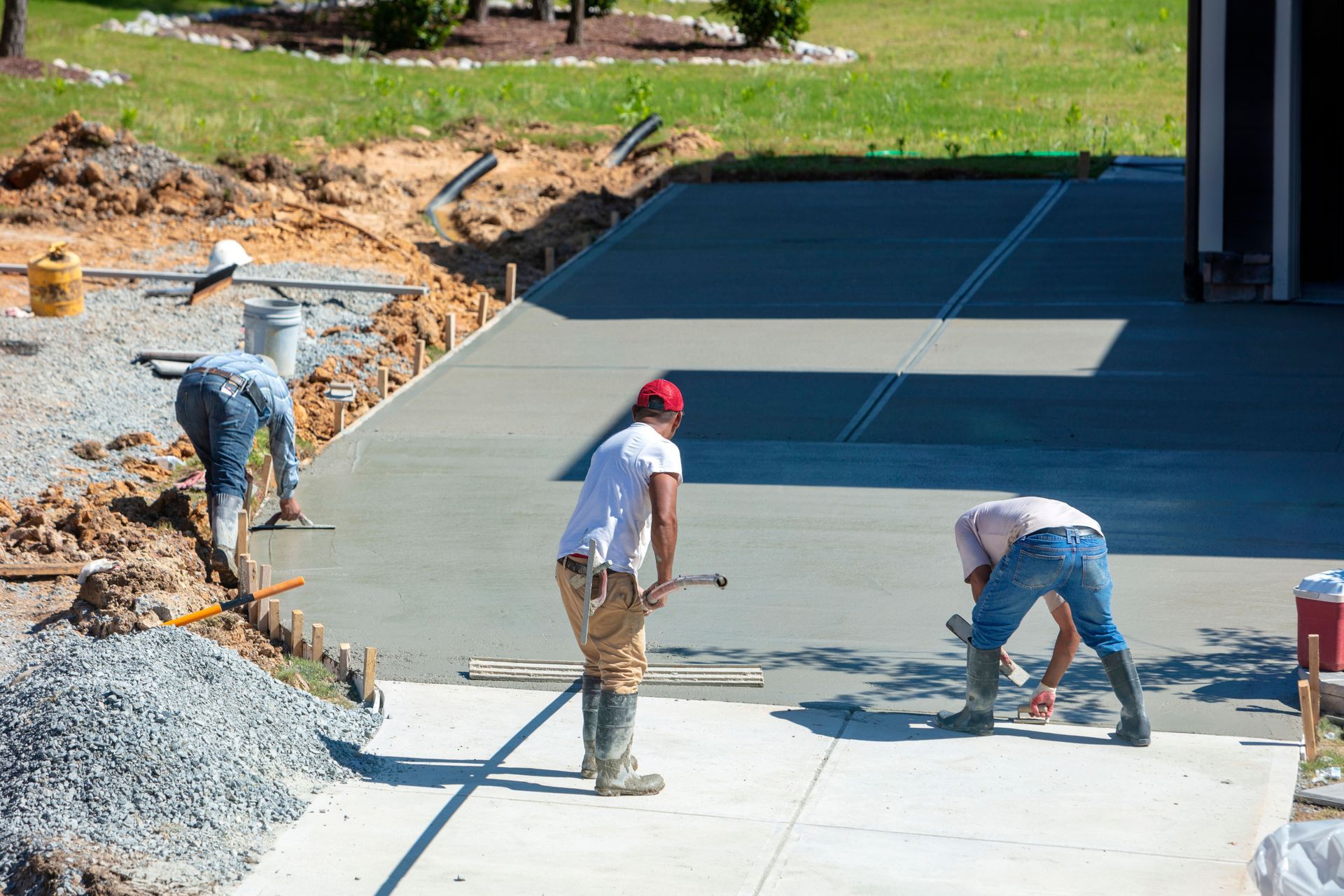

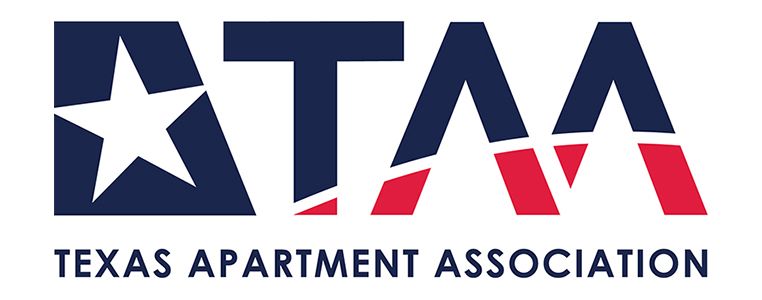

Share On: